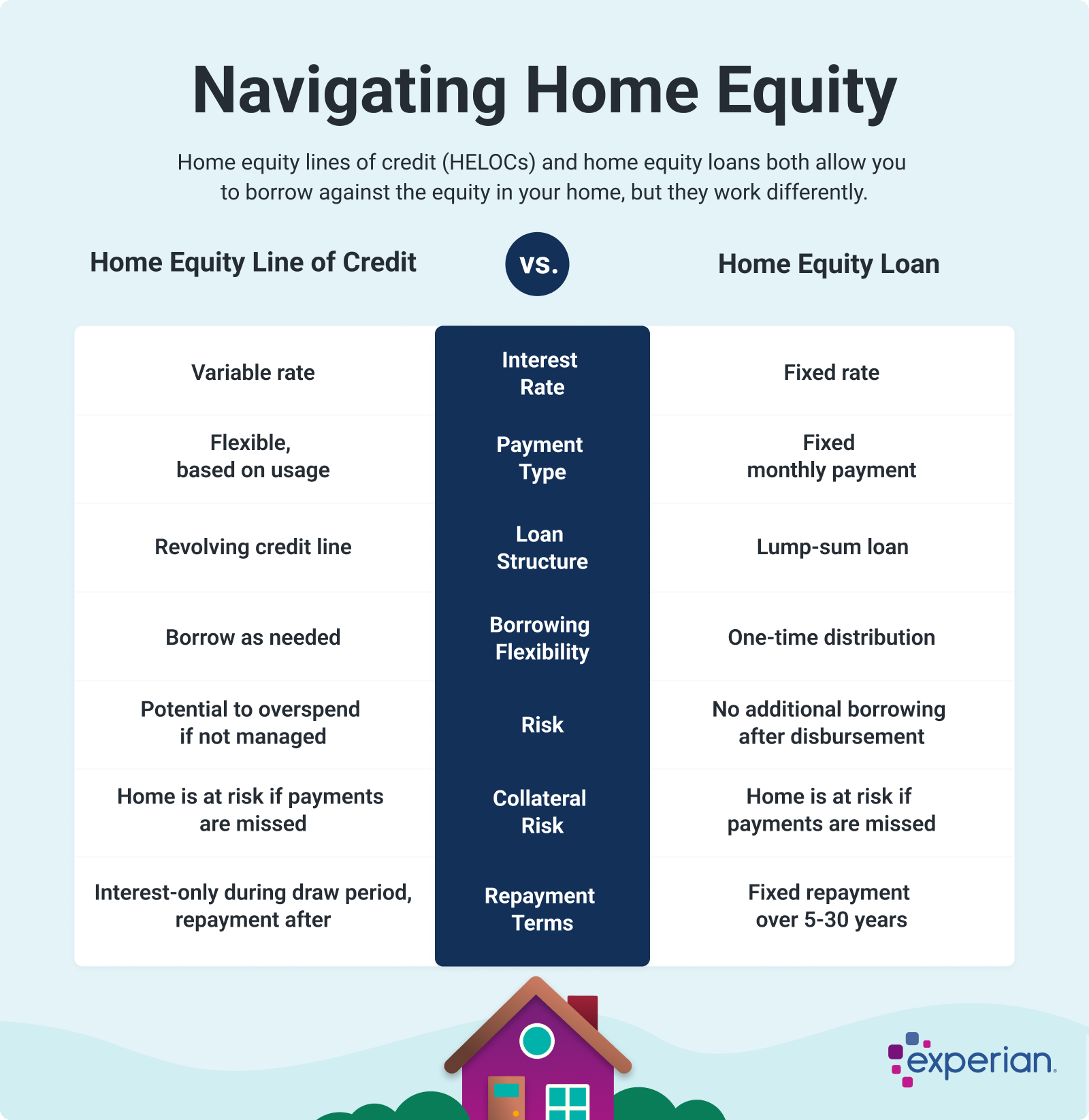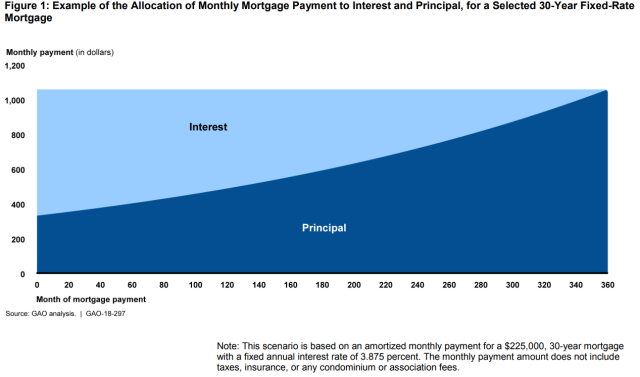Checking Out the Various Sorts Of Equity Release Mortgages Available Today
Equity Release home loans present numerous choices for property owners aged 55 and over. equity release mortgages. These financial products accommodate various needs and choices, enabling individuals to accessibility funds from their building. From lifetime mortgages to common recognition mortgages, each kind offers distinct benefits. Comprehending these alternatives is important for making notified decisions. What aspects should one consider when picking the most appropriate equity Release plan? The information that adhere to might clarify this essential topic
Understanding Equity Release Mortgages
Equity Release home mortgages give property owners, usually those aged 55 and over, with a method to access the worth bound in their building without requiring to sell it. This financial alternative allows people to convert a section of their home equity right into cash, which can be utilized for various objectives, such as home enhancements, paying off financial debts, or funding retirement.Equity Release can take different forms, but it basically includes borrowing versus the value of the home while maintaining ownership. Home owners can pick to receive a round figure or a series of smaller sized settlements, relying on their monetary needs and preferences.Additionally, the quantity available for Release is influenced by the home's value, the house owner's age, and certain lending institution criteria. On the whole, comprehending equity Release home mortgages is crucial for property owners to make educated decisions regarding taking advantage of their home's equity while taking into consideration the long-term implications.
Lifetime Mortgages
Life time home mortgages represent among the most popular kinds of equity Release. This economic item enables house owners, usually aged 55 or older, to borrow against the worth of their building while preserving ownership. The funding, which is protected against the home, builds up rate of interest with time however does not call for regular monthly settlements. Rather, the car loan and accumulated rate of interest are paid back when the house owner dies or relocates into long-lasting care.Lifetime home loans supply versatility, as debtors can choose to get a round figure or go with a drawdown facility, accessing funds as needed. Importantly, many strategies included a no-negative-equity assurance, making certain that debtors will never owe greater than the value of their home. This feature gives assurance, allowing individuals to enjoy their retirement without the worry of depleting their estate. Generally, life time mortgages act as a feasible option for those looking for financial backing in later life.
Home Reversion Program

Drawdown Life Time Mortgages
While numerous home owners look for means to access their wide range, drawdown lifetime home mortgages provide a versatile option that enables individuals to Release funds gradually. This sort of equity Release home loan allows property owners to obtain versus the value of their residential property while maintaining possession. Unlike conventional lifetime home loans, drawdown plans enable debtors to access a portion of their equity upfront and take out extra funds as needed, approximately an established limit.This function can be particularly useful for those that desire to manage their funds very carefully, as it minimizes passion build-up by just billing rate of interest on the amounts attracted. In addition, drawdown lifetime home loans often feature a "no unfavorable equity guarantee," ensuring that borrowers will certainly never owe greater than their home's value. This choice matches senior citizens who prefer financial safety and security and versatility, permitting them to satisfy unforeseen expenses or maintain their way of life without having to offer their property.
Enhanced Lifetime Mortgages
Enhanced Life time Home loans use distinctive advantages for eligible home owners looking for to Release equity from their residential properties. Comprehending the eligibility standards is vital, as it establishes that can benefit from these specialized car loans. It is likewise essential to examine the potential disadvantages linked with enhanced alternatives, making sure an all-around viewpoint on their usage.
Qualification Requirements Described
Comprehending the qualification criteria for Improved Lifetime Mortgages is crucial for possible applicants seeking to access the equity in their homes. Normally, candidates have to be aged 55 or older, as this age requirement is standard in the equity Release market. House owners should have a residential or commercial property valued at a minimum limit, which can vary by lending institution. Importantly, the property should be their primary home and in good problem. Lenders frequently evaluate the home owner's wellness status, as specific health problems might improve eligibility and benefits. Additionally, candidates need to not have existing significant debts protected against the building. Meeting these requirements permits individuals to check out Enhanced Life time Home mortgages as a practical option for accessing funds bound in their homes.
Benefits of Enhanced Mortgages
After making clear the qualification criteria, it becomes evident that Improved Lifetime Mortgages use several considerable benefits for homeowners seeking to utilize their building equity. Mostly, they supply accessibility to a bigger loan amount contrasted to conventional lifetime home loans, profiting those with health conditions or age-related factors that raise their life span danger. This enhanced loaning capacity allows house owners to fulfill different economic needs, such as home improvements or retirement expenditures. Furthermore, these home mortgages normally come with flexible settlement options, allowing consumers to manage their finances better. The no-negative-equity warranty additionally ensures that property owners will never owe greater than their building's value, offering satisfaction. On The Whole, Improved Life time Mortgages present a compelling choice for qualified homeowners looking for economic solutions.
Potential Downsides Taken Into Consideration
While Boosted Lifetime Mortgages supply many advantages, prospective disadvantages call for mindful consideration. One considerable problem is the influence on inheritance; the equity launched decreases the value of the estate entrusted to recipients. Additionally, these mortgages can accumulate considerable passion in time, bring about a significant financial obligation that might go beyond the initial loan amount. There may also be constraints on residential property modifications or rental, restricting homeowners' versatility. Improved products usually call for certain health and wellness problems, indicating not all homeowners will qualify. Ultimately, taking care of the fees and fees connected with these home loans can be intricate, possibly causing unforeseen prices. Because of this, individuals ought to extensively examine their scenario and get in touch with economic advisors prior to continuing.
Shared Gratitude Mortgages
Shared Gratitude Home loans represent a distinct economic setup that allows home owners to accessibility equity while sharing future building navigate to this site value raises with the loan provider. This strategy offers possible advantages such as minimized regular monthly payments, however it likewise comes with drawbacks that must be carefully considered. Comprehending the eligibility needs is important for those thinking about this choice.
Concept Introduction
Equity Release mortgages, especially in the kind of common recognition mortgages, provide house owners an unique financial solution that allows them to gain access to funds by leveraging the worth of their residential property. In this arrangement, a lending institution gives a financing to the property owner, which is generally settled via a share of the residential property's future admiration in value. This indicates that when the house owner sells the residential property or dies, the lender gets a percent of the raised value, as opposed to simply the preliminary car loan amount. Shared recognition mortgages can be appealing for those seeking to supplement their earnings or finance significant expenditures while maintaining possession of their home. However, the monetary effects of common appreciation have to be meticulously taken into consideration by prospective consumers.
Benefits and Downsides
Shared recognition home mortgages can supply substantial monetary benefits, they also come with significant downsides that prospective debtors must think about. These mortgages allow homeowners to access equity in their homes while sharing a portion of any kind of future appreciation with the lender. This plan can be valuable during times of increasing residential property values, providing significant funds without regular monthly payments. The primary downside is the prospective loss of equity; property owners may finish up with substantially reduced inheritance for heirs. Additionally, the intricacy of the terms can cause misconceptions regarding repayment responsibilities and the portion of recognition owed. For that reason, it is crucial for customers to evaluate these aspects very carefully before devoting to a common gratitude mortgage.
Qualification Demands
What criteria must property owners fulfill to receive a common appreciation home mortgage? Largely, prospects need to go to least 55 years old, guaranteeing they are within the target group for equity Release items. In addition, the residential property must be their key residence and usually valued over a specified minimum limit, commonly around ? 100,000. Lenders additionally analyze the house owner's financial situations, including revenue and arrearages, to determine they can handle the home mortgage properly. Importantly, the home needs to remain in great condition and without substantial lawful encumbrances. House owners must additionally have a clear understanding of the terms, consisting of how recognition will be shared with the loan provider upon sale or transfer of the home, as this impacts general returns.
Picking the Right Equity Release Option

Frequently Asked Inquiries
What Age Do I Need to Be for Equity Release?
The age demand for equity Release usually starts at 55 for a lot of strategies. However, some companies might use alternatives for those aged 60 and above, mirroring varying terms based upon individual circumstances and loan provider plans.
Will Equity Release Affect My Inheritance?
Equity Release can impact inheritance, as the quantity obtained plus passion lowers the estate's worth. Heirs might receive much less than prepared for, relying on the property's gratitude and the total financial debt at the time of passing.
Can I Move Residence With Equity Release?
The concern of moving home with equity Release occurs often. Generally, people can move their equity Release plan to a new residential or commercial property, however particular conditions might use, requiring examination with the loan provider for assistance.
Exist Costs Connected With Equity Release Mortgages?
Charges connected with equity Release home mortgages can consist of plan fees, appraisal fees, and lawful expenses. In addition, there might be early payment costs, which can affect the overall expense and monetary effects for the consumer.
Exactly How Does Equity Release Effect My Tax Situation?
Equity Release can influence one's tax situation by possibly increasing gross income, as released funds are considered capital. Nonetheless, it generally does not sustain immediate tax obligation responsibilities, making it vital to speak with a financial advisor for tailored assistance.
Conclusion
In summary, the variety of equity Release home loans readily available today uses home owners aged 55 and over several paths to access their home's worth - equity release mortgages. Whether deciding for a life time home loan, home reversion plan, or other alternatives, each go to the website alternative provides unique advantages customized to individual economic needs. Mindful factor to consider and consultation with a monetary consultant are vital to assure the picked equity Release remedy straightens with monetary situations and individual objectives, inevitably facilitating educated decision-making for a secure monetary future. Equity Release home mortgages existing different choices for homeowners aged 55 and over. Equity Release home mortgages offer home owners, normally those aged 55 and over, with a method to access the value tied up in their property without requiring to sell it. Boosted Life time Mortgages provide unique advantages for qualified house owners looking for to Release equity from their buildings. Equity Release mortgages, particularly in the type of shared admiration home mortgages, use house owners an unique monetary service that enables them to access funds by leveraging the value of their residential or commercial property. In recap, the selection of equity Release home loans available today offers homeowners aged 55 and over numerous paths to access their home's value